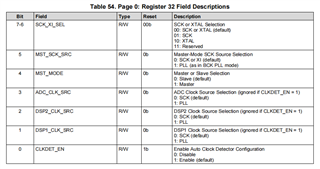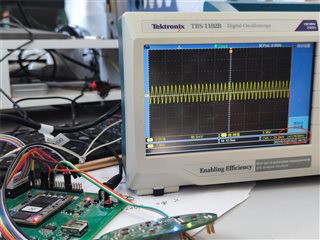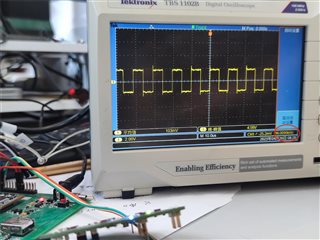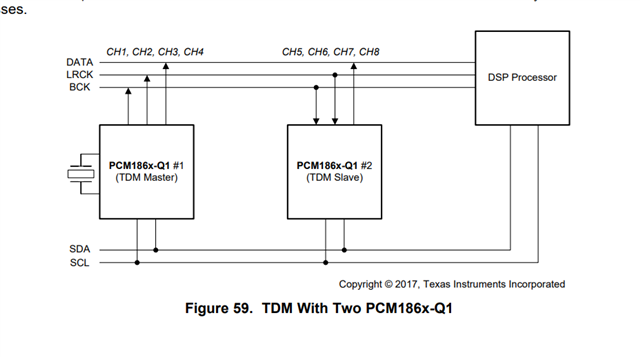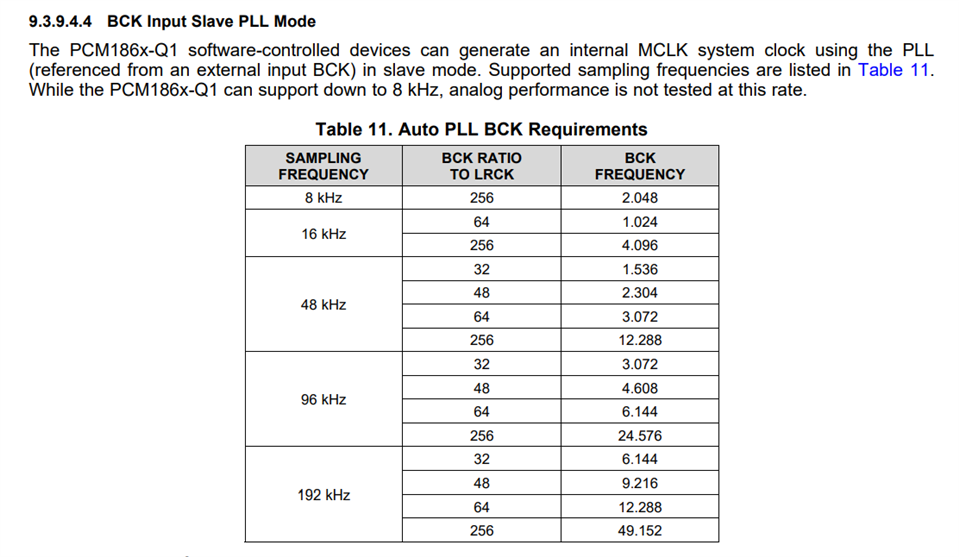Other Parts Discussed in Thread: PCM1864, TIDA-01454
Hello E2E Experts,
Good day.
This is the project. The image shows the audio data I found in the memory browser during debugging. Obviously, there is a problem, but I don't know where the problem lies.
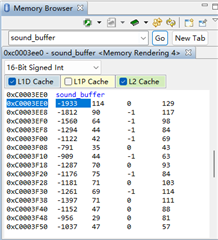
Regards,
CSC



